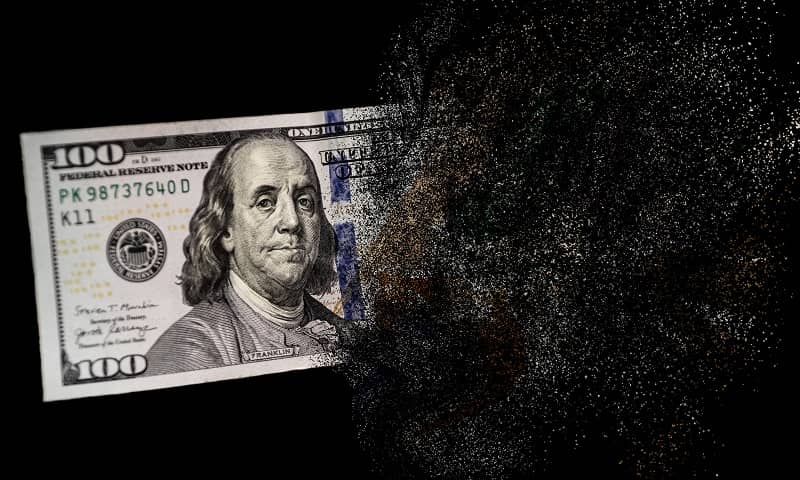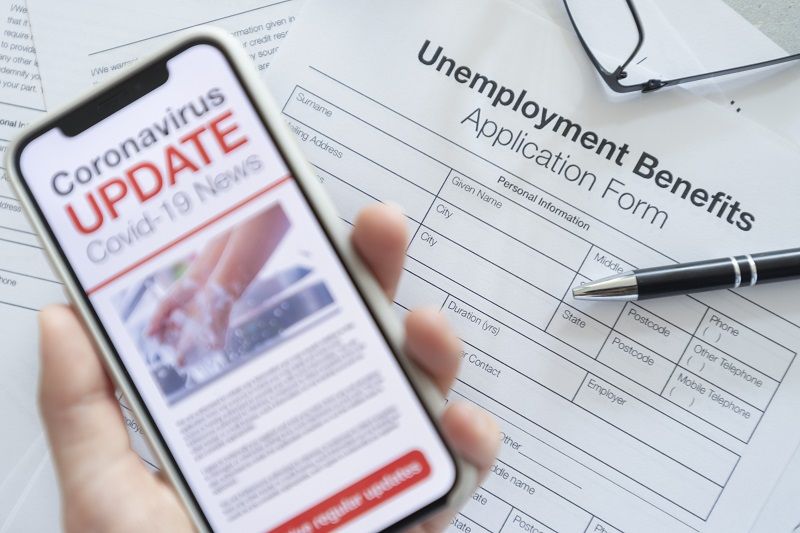By Elise Hilton
You lose the factory job you’ve had since high school due to cutbacks. When the unemployment runs out, the only jobs around for high school graduates are fast food joints and entry-level work – a huge pay cut. You discover you can make nearly as much money on disability. Your doctor diagnoses you with chronic back pain (all those years of standing on the factory floor), and you have joined the ranks of “not-unemployed-but-disabled.” The state in which you live is happy because you don’t need any more of their unemployment money, and the federal government is happy that you are not an unemployment statistic, gumming up jobless rates.
Or there’s this. You scrape by on your job, managing bare essentials, but it’s tough. There’s no health insurance. You find out from your kid’s school counselor that because he has ADHD and isn’t learning at grade level, he may be eligible for disability. Suddenly, you’ve got $700 more every month, so long as your kid stays below grade level. You have a perverse hope that your kid doesn’t catch up in school.
It’s a boardwalk shell game with the federal government as huckster: Is the money under the shell marked “unemployment,” “disability,” or “Social Security”? Is the disabled person the kid who can’t read, the factory worker whose unemployment ran out, or the truly disabled? The shells get moved, sleight of hand is performed, and the player’s money is quickly scooped up.
Disability has become America’s hidden welfare and unemployment program. People on disability don’t count in the ranks of the unemployed, and those unwilling to work but not eligible for welfare can often find a medical issue to keep checks rolling in. Perhaps most devastating, we’ve unwittingly created a system where people who could genuinely be helped by neighbors, churches, and charitable organizations are simply sent a check and told to go away.
By now, NPR’s Unfit for Work: the startling rise of disability in America has made the media rounds. Chana Joffe-Walt spent months researching the enormous rise in disability payments in the United States. Is the health of Americans spiraling downward at an alarming rate? Are disability claims being rubber-stamped by careless government wonks? Why are 14 million Americans (more than the total number of employees in the manufacturing sector of the economy) categorized by the government to be so ill that they’re unable to work?
In Samuel Gregg’s Becoming Europe, he examines the entitlement state that is modern Europe. In today’s European Union, people expect lifelong job security, health care, and education, along with cushy pensions. Politicians, not wanting to deal with civil unrest and eager to please voters, have been happy to “buy off discontent” (Gregg) despite the cost.
That’s the problem: “Wilhelm Röpke pointed out that welfare states are like progressive taxation: once one accepts the basic principle, there is nothing in the welfare state’s conception to set a limit to it,” Gregg writes. In other words, where does it stop? When does the government say, “We can’t and won’t pay for that?” In the EU’s case, the answer seems to be “never.”
Increasingly, this seems to be the American answer as well. Is it hard to get disability? Yes and no. The process is tedious, but the categories that constitute disability are broad and ambiguous. An infographic for those researching disability says this: “If you believe you’re eligible for Social Security Disability Insurance benefits, don’t be discouraged by funding issues. These should ease when the economy improves and the government tightens spending on lower priorities.”
Americans should not only be discouraged, but deeply alarmed by funding issues. Since 1960, entitlement programs (like Social Security, unemployment, and disability) have grown twice as fast as personal income. Today, government entitlement accounts for two-thirds of government spending. One in five Americans now receives some form of government benefit. The cost for disability, including health care for the disabled, is at least $260 billion a year.
Beyond the obvious fiscal nightmare, there is a cultural timbre that resonates throughout the numbers, statistics, and programs: We are a nation of takers. Increasingly, we want what our European counterparts have: a guaranteed paycheck, free education, and health insurance, all government-provided.
There has always been a generous spirit in America towards the downtrodden, but it’s time to realize that we are no longer being generous: The government is leading us merrily along the path of fiscal fugue. If you’ve got a job, you’re paying for someone else’s big screen TV, disability check, and health insurance. This is not to say that there are not those who are genuinely disabled. However, America has millions of people who could work but don’t. There aren’t jobs for them, they don’t have the skills for the jobs available, or they just plain don’t want to work. We’ve got children whose inability to read well is helping pay the family rent.
This is our miserable “system”: We have a cultural climate that wants something for nothing. We’ve got people who’d like to work, but have to function in a stagnant economy that removes incentives to creativity and entrepreneurship. For jobs that are available, there are millions of under-skilled people. We are paying to keep children from learning. We’re in the midst of shredding a safety net for the truly needy, attempting to solve issues such as learning disabilities, underemployment, and unemployment with a program that can’t and won’t ever resolve those problems. We are stalled in finding real solutions because the federal disability program as it stands now is essentially hiding these dilemmas.
America is attempting to buy off people in their discontent. The discontent remains, the money will dry up, and we’re left with 14 million people who’ve been taught their gifts and talents have no value in this American society. Our disability system needs to be dismantled.
Elise Hilton is a guest contributor for Cascade Policy Institute, Oregon’s free market public policy research organization. She is the marketing coordinator for the Acton Institute in Grand Rapids, Michigan.











